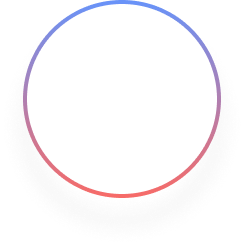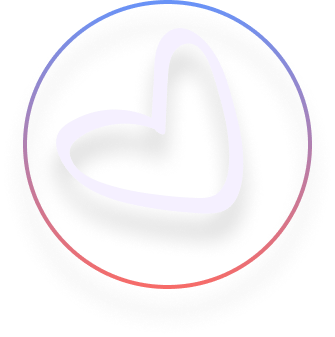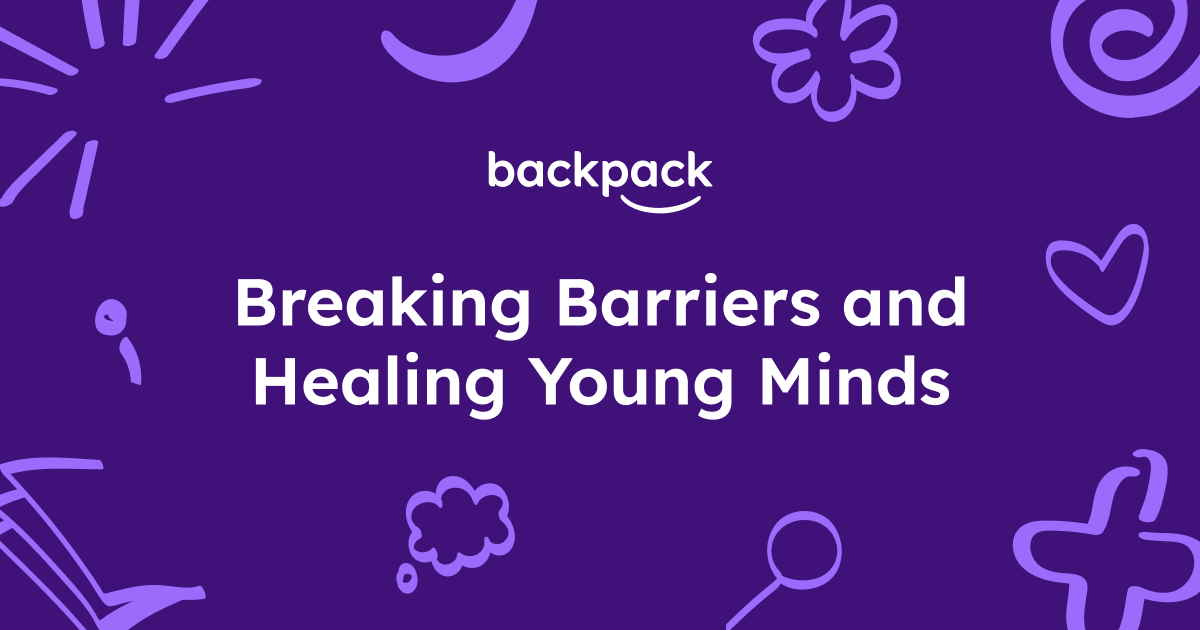
OCD
Obsessive-Compulsive Disorder is a mental health condition characterized by persistent and unwanted thoughts (obsessions) and repetitive behaviors or mental acts (compulsions).
Symptoms can cause significant distress, interfere with daily life, and are not due to medical conditions, substance use, or other mental health disorders.



Identifying Factors
Obsessions
Intrusive & unwanted thoughts, images, or urges that cause anxiety or distress.
Compulsions
Repetitive behaviors or mental acts performed to reduce anxiety or distress caused by obsessions.
Time-Consuming
Obsessions and compulsions take up a significant amount of time, usually over an hour a day.
Interference
Obsessions and compulsions interfere with daily activities, work, school, and/or relationships.
Common Examples
Symptom
Excessive fear of germs, dirt, or contamination.
Example Obsession
Fear of touching doorknobs because of imagined germs.
Example Compulsion
Washing hands repeatedly
Symptom
Need for things to be symmetrical or in a specific order.
Example Obsession
Feeling distressed if items on a shelf are not arranged perfectly.
Example Compulsion
Rearranging items repeatedly until they feel "just right."

Warning Signs
Intense Anxiety
Frequent feelings of extreme anxiety or panic due to obsessions.
Routine Interruption
Spending excessive time on rituals, impacting daily routines.
Emotional Distress
Becoming emotionally distressed by unwanted thoughts.
Social Isolation
Avoiding certain situations to prevent triggering obsessions.
Negative Impact
Obsessions and compulsions affecting relationships and well-being.

